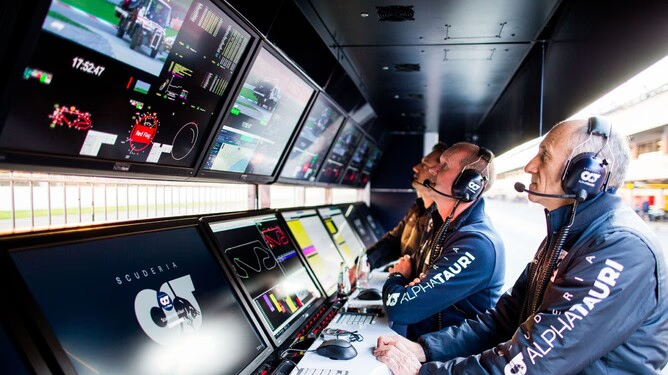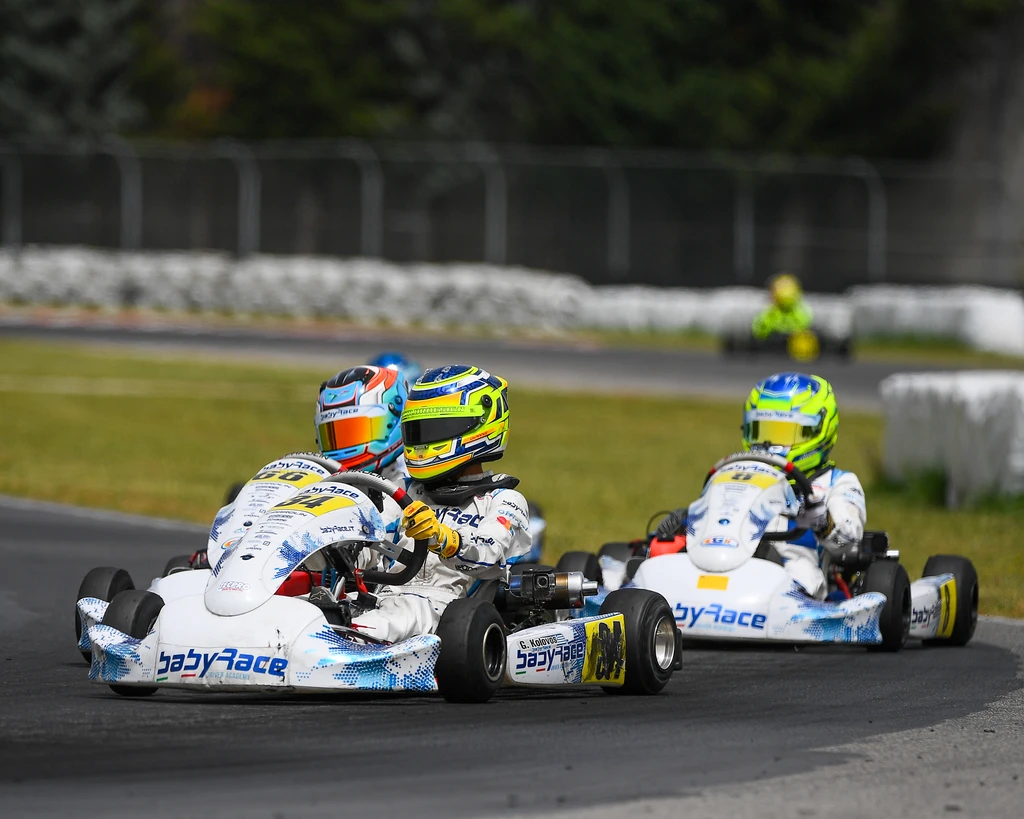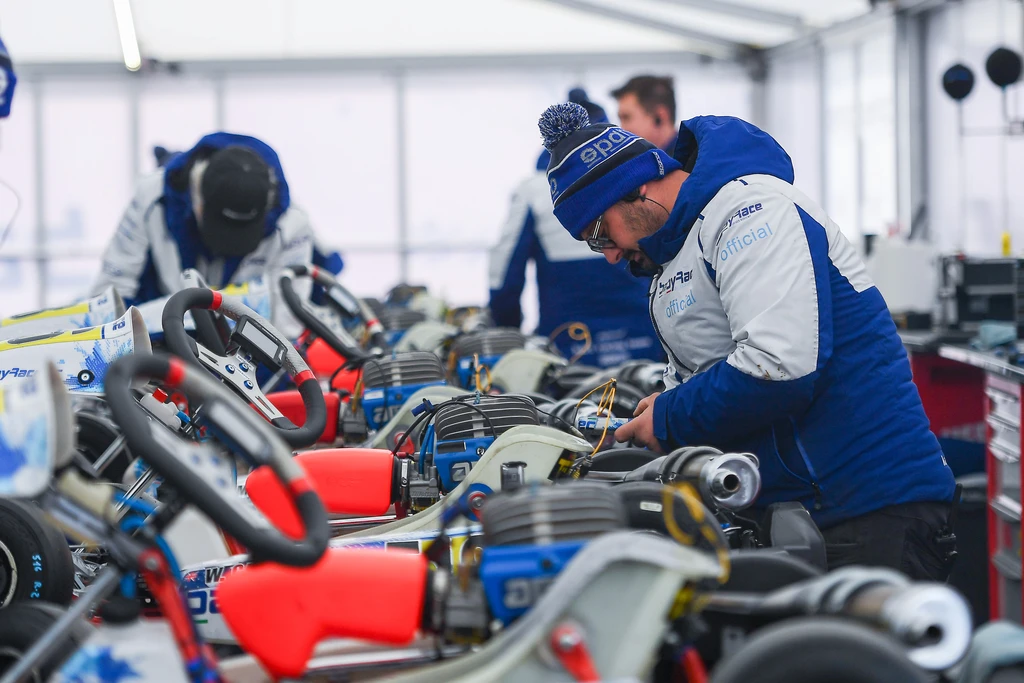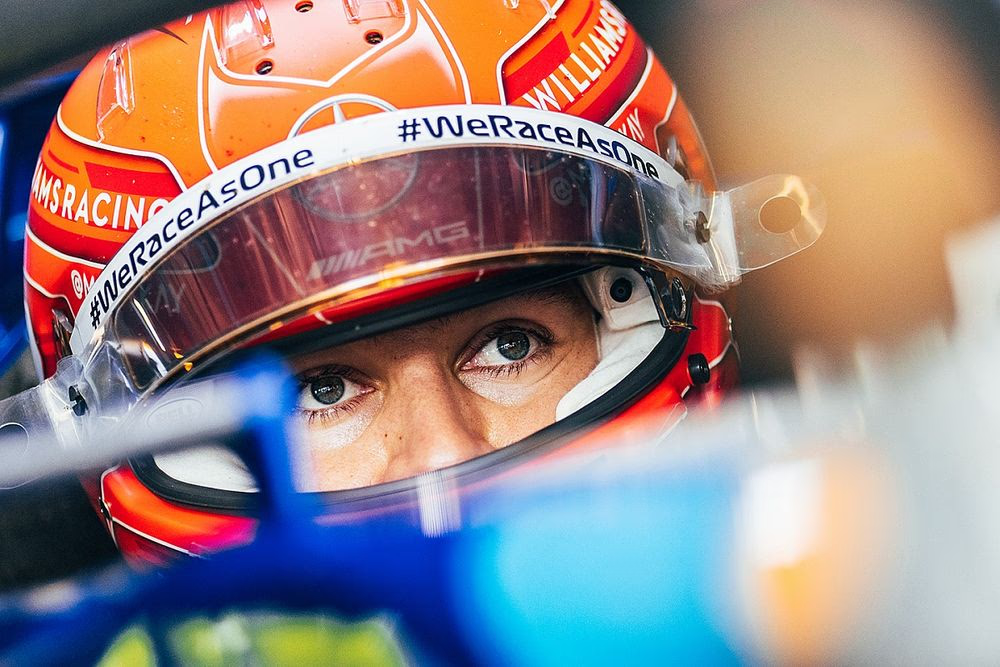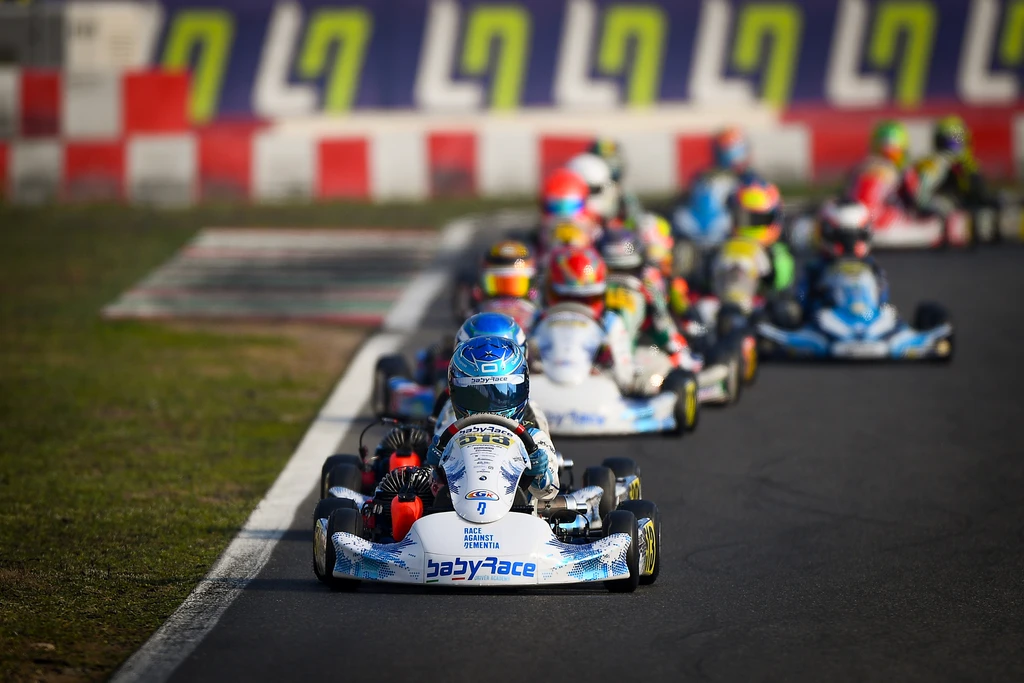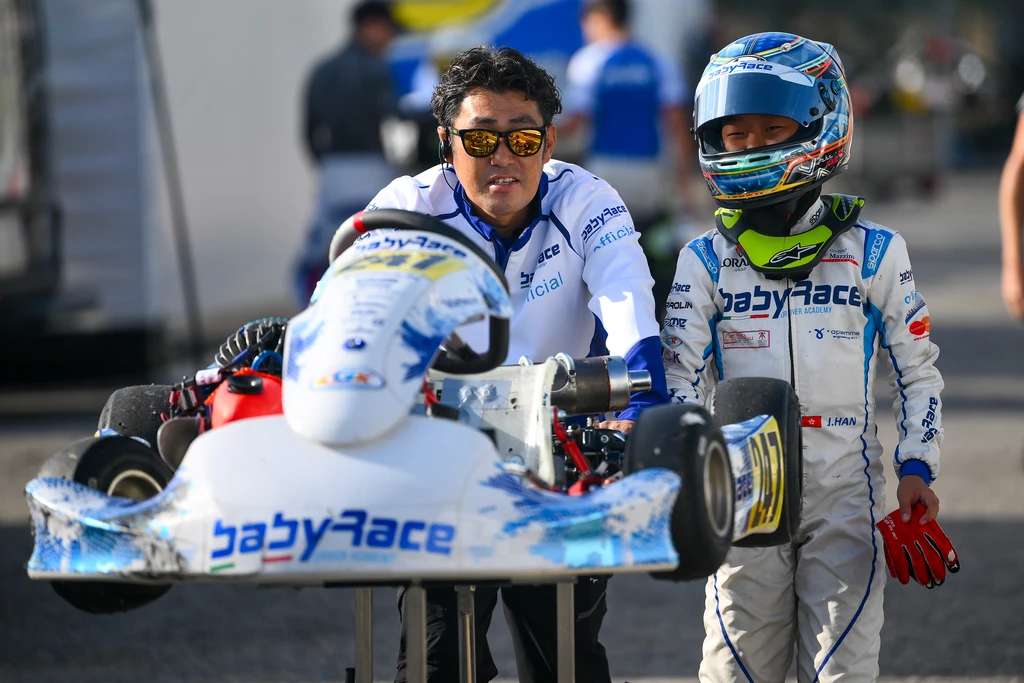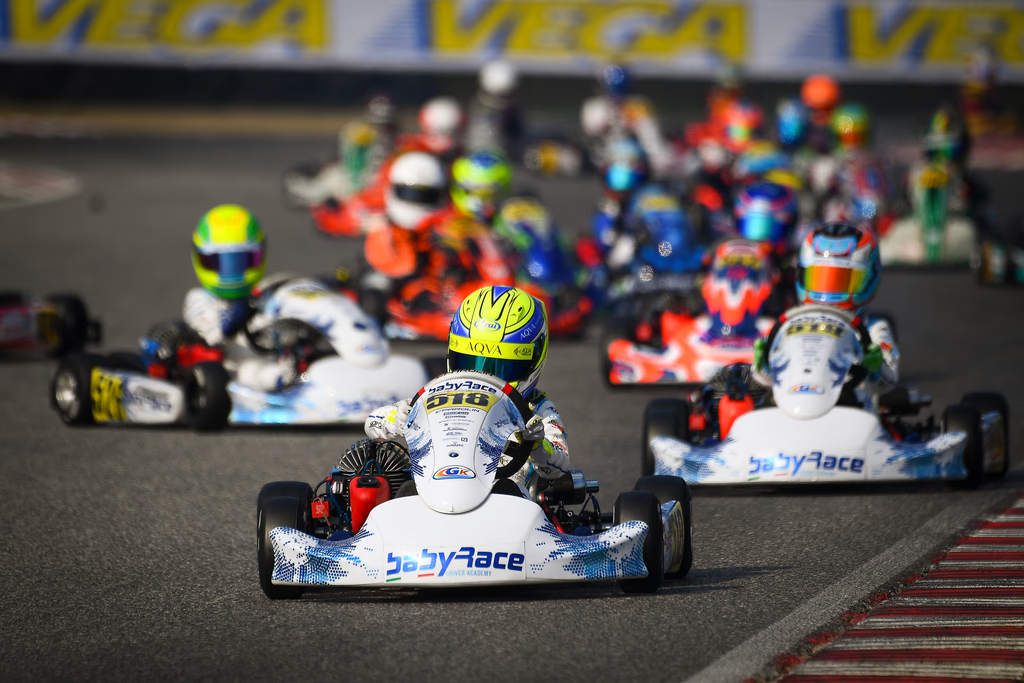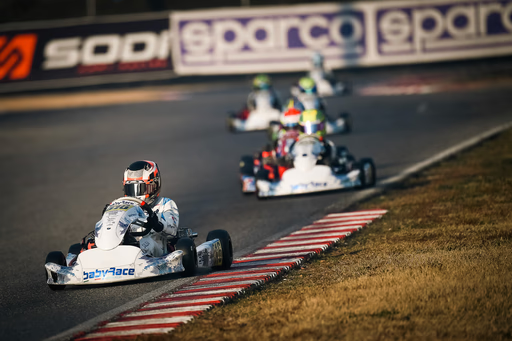Racing in the wet? I love it.
There’s nothing quite like it — it’s tricky, it’s fun, and honestly, once you get the hang of it, it’s incredibly satisfying. Oooh yes!
I wasn’t always good at it, though. I struggled a lot in the beginning.
I was really bad😂. (So you’ve got hopes too).
But with time, practice, and a lot of mistakes, I finally figured it out.
And now, I’ve even won some of my biggest races in wet conditions — with huge gaps, too.
Let me break it down for you.
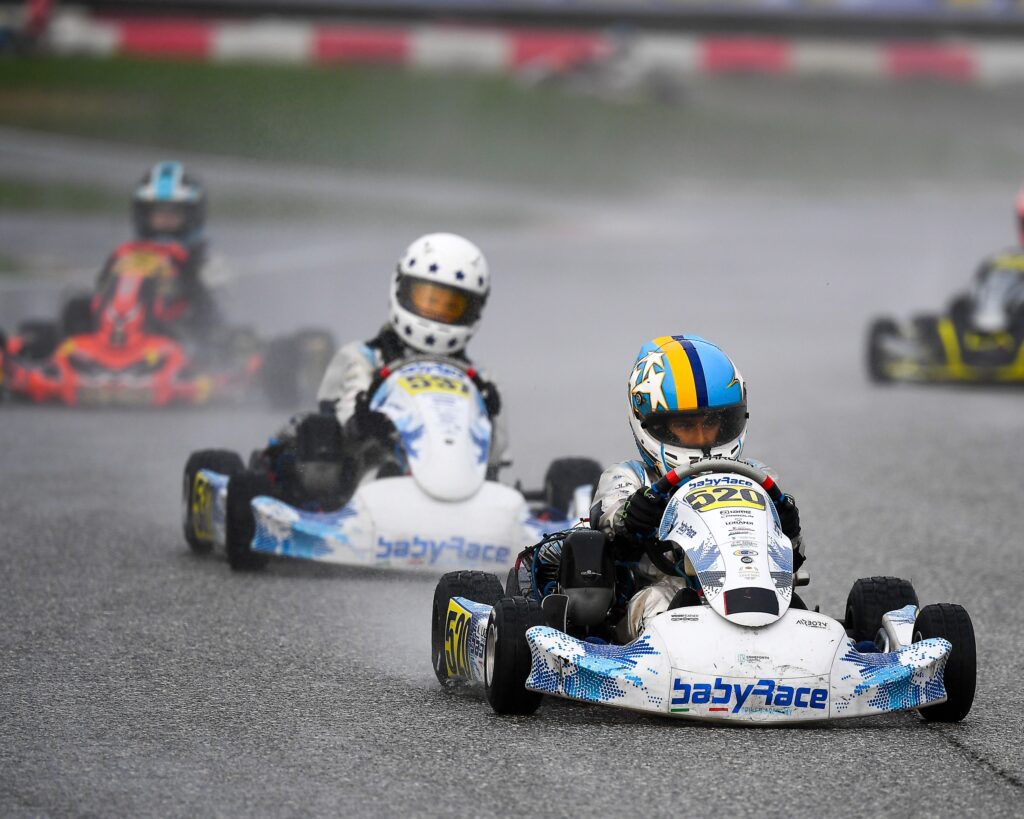
Push, Don’t Back Off
One of the biggest myths out there is that in the wet, you should drive slower or be super careful. T
Nothing could be further from the truth!
Yes, you have to be smooth and in control — but you still need to push.
And push A LOT!
If you don’t attack the braking zones or fight to find grip, you’ll just be left behind.
Be Confident on the Brakes
You’ve got to brake hard and late.
Yeah, it sounds quite scary in the wet, but it’s necessary.
You’ve gotta be really late!
There’s no way a round it.
Especially because in the wet, most corners will become heavy braking zones, since minimum speeds will be far lower than in the dry, so to get to those lower mid speeds, you’ll have to use the brakes much more frequently throughout the lap.
If you brake too early and too soft, you’ll carry not enough speed, and you won’t get the rotation you need in the kart.
So you’ll lose not only in the entry, but also in the mid speed with not enough rotation, thus waiting too long for the kart to turn before going on throttle.
Get the Kart to Rotate
Here’s what I was telling you.
Mid-corner rotation is key.
If the kart doesn’t rotate, you’re stuck — you won’t be able to get back on the throttle, and you’ll just understeer your way through the turn.
Use the steering properly, (near maximum angle in the wet) get the weight transfer right, and make the kart pivot around the corner.
And don’t forget the kerbs.
In the wet, using the kerbs can actually help you find grip, especially when the normal racing line is too rubbered in and slippery.
Only 60 Mini doesn’t normally use the kerbs in the slow speed corners, while the other categories do.
Smooth Exit, Early Throttle
Once you rotate the kart, focus on getting back on the throttle smoothly — but early, just after completing most of the rotation on mid corner.
It’s tempting to smash the pedal too early, but in that case you’ll get lots of wheelspin and might have to get back off the throttle to find back the traction.
So overly aggressive and too early throttle pick up doesn’t work in the wet for most categories and most track conditions.
Once again, find the sweet spot.
Avoid the Rubbered Line (As Much As Possible)
This is huge. In dry races, the racing line is where all the grip is.
But in the wet?
That rubbered line turns to soap. It’s like driving on ice.
So move off the normal racing line — find fresh asphalt that gives you more grip.
It might feel weird at first, but that’s where the lap times is.
Of course you’ll have to cross back on the rubbered racing line at some point.
You can’t just “fly over it” as I say, so you’ll have to cross it at some point, mostly on mid corner or on exit, and that’s when you’ll want to super smooth with your inputs.
Final Thoughts
Driving in the wet is tough at first, but once it clicks, it becomes one of the best parts of racing.
Brake hard, rotate well, get on the throttle at just the right time, and stay off the rubbered line as much as possible.
Combine all of that and trust me, with enough practice and repetition you’ll start to fly in the rain.
If you’ve got questions, feel free to ask me.
And yeah, I’m even working on a full course just on driving in the wet — because honestly, it takes more than one blog post to fully master.
Just Senndit
– Alessio

